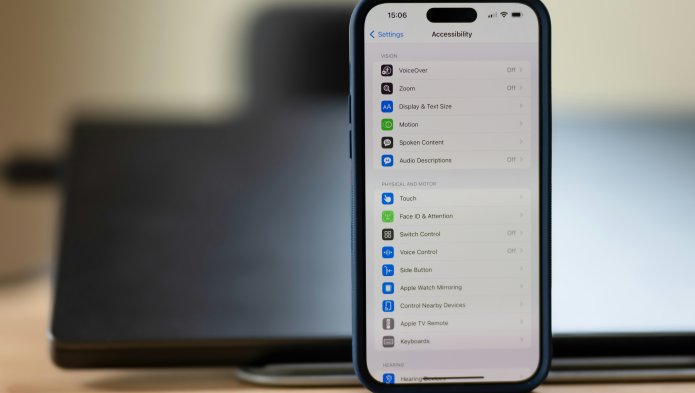The countdown has started
Back in 2021, in our article “Web accessibility directive and Toolkit”, we emphasized the importance of making the web more inclusive. Today, this is no longer just a best practice, it is a legal obligation: on June 28, 2025, the European Accessibility Act (EAA) officially enters into application.
Starting on this date, any new digital product or service made available to the public must comply with the accessibility requirements defined by the European directive. This includes:
- websites and mobile applications,
- e-commerce platforms,
- banking and ticketing services,
- interactive terminals, e-books, and other digital services accessible online or via a terminal.
Services that already existed before this deadline will benefit from a transition period until June 28, 2030, provided that the organization commits to an evaluation and improvement process.
Unlike what some people think, the EAA doesn't require immediate compliance. Instead, it calls for a structured and responsible approach:
- Conduct an accessibility audit in accordance with EN 301 549 (aligned with WCAG 2.1 AA).
- Publish an accessibility statement that specifies:
- the current level of compliance,
- any limitations,
- the measures envisaged to correct the discrepancies.
- Demonstrate a commitment to continuous improvement through a monitored action plan, trained advisors, and internal resources.
- Update the declaration in the event of a major change (redesign, addition of services, etc.).
Important : The directive does not set a mandatory frequency for renewing this declaration. However, many national authorities recommend reviewing it every three years, which is good practice for maintaining ongoing compliance and demonstrating commitment.

Who is affected?
The directive applies to a large number of public and private actors. Public organizations such as:
• Websites of government agencies, local authorities, public institutions;
• Public transport services (SNCB, TEC, STIB, etc.) and their digital platforms;
• Cultural and social institutions.
But also private companies:
• E-commerce platforms;
• Banks, insurance companies, fintechs;
• Telecom and media service providers;
• Private or air transport companies;
• Software publishers, SaaS or mobile app developers.
Only very small businesses can be partially exempted if they can show that the requirements are too much of a burden.
Why act now?
- Because audits, corrective measures, and declarations take time to coordinate.
- Because non-compliance can result in penalties, complaints, or exclusion from public contracts.
- Because an accessible website also means a better user experience, improved search engine optimization, and a positive brand image.

Drupal, your trusted partner...
… provided it is used correctly!
If you use Drupal, you start with a CMS that is solid in terms of accessibility. But that does not guarantee that your implementation complies with standards. Themes, modules, and content must also be audited and adapted if necessary.
Do you have doubts about the accessibility of your site? We offer a free audit for Drupal sites to establish a clear and action-oriented initial assessment.
Conclusion
Accessibility is a legal obligation, but above all, it is a human opportunity. The European directive sets a clear course: to build a more inclusive, fairer, and more respectful web. This is not a technical project; it is a fundamental commitment. Take action today to be ready for tomorrow!



